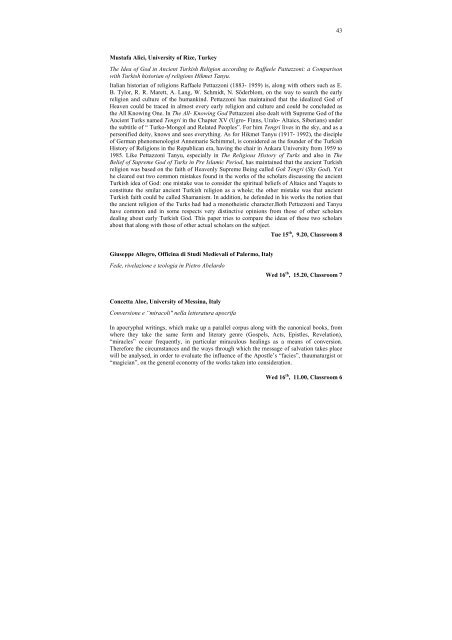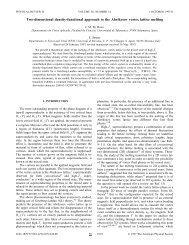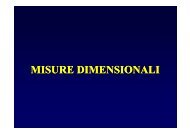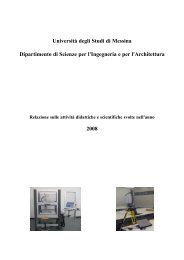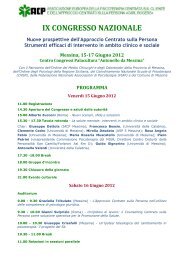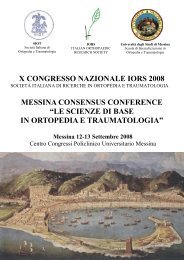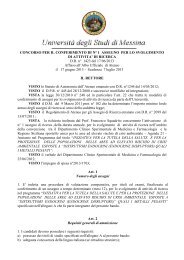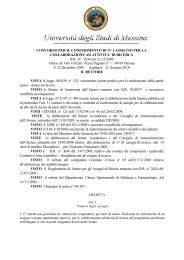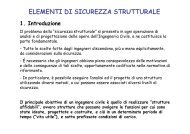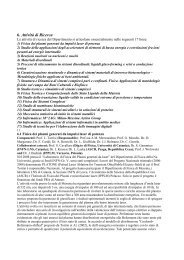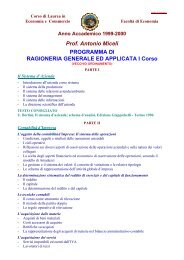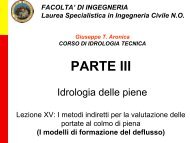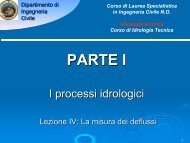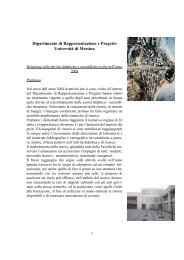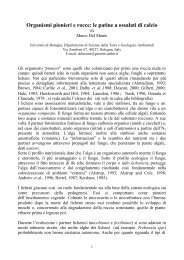PROGRAMME AND ABSTRACTS - Università degli Studi di Messina
PROGRAMME AND ABSTRACTS - Università degli Studi di Messina
PROGRAMME AND ABSTRACTS - Università degli Studi di Messina
Create successful ePaper yourself
Turn your PDF publications into a flip-book with our unique Google optimized e-Paper software.
Mustafa Alici, University of Rize, Turkey<br />
The Idea of God in Ancient Turkish Religion accor<strong>di</strong>ng to Raffaele Pattazzoni: a Comparison<br />
with Turkish historian of religions Hikmet Tanyu.<br />
Italian historian of religions Raffaele Pettazzoni (1883- 1959) is, along with others such as E.<br />
B. Tylor, R. R. Marett, A. Lang, W. Schmidt, N. Söderblom, on the way to search the early<br />
religion and culture of the humankind. Pettazzoni has maintained that the idealized God of<br />
Heaven could be traced in almost every early religion and culture and could be concluded as<br />
the All Knowing One. In The All- Knowing God Pettazzoni also dealt with Supreme God of the<br />
Ancient Turks named Tengri in the Chapter XV (Ugro- Finns, Uralo- Altaics, Siberians) under<br />
the subtitle of “ Turko-Mongol and Related Peoples”. For him Tengri lives in the sky, and as a<br />
personified deity, knows and sees everything. As for Hikmet Tanyu (1917- 1992), the <strong>di</strong>sciple<br />
of German phenomenologist Annemarie Schimmel, is considered as the founder of the Turkish<br />
History of Religions in the Republican era, having the chair in Ankara University from 1959 to<br />
1985. Like Pettazzoni Tanyu, especially in The Religious History of Turks and also in The<br />
Belief of Supreme God of Turks in Pre Islamic Period, has maintained that the ancient Turkish<br />
religion was based on the faith of Heavenly Supreme Being called Gok Tengri (Sky God). Yet<br />
he cleared out two common mistakes found in the works of the scholars <strong>di</strong>scussing the ancient<br />
Turkish idea of God: one mistake was to consider the spiritual beliefs of Altaics and Yaquts to<br />
constitute the smilar ancient Turkish religion as a whole; the other mistake was that ancient<br />
Turkish faith could be called Shamanism. In ad<strong>di</strong>tion, he defended in his works the notion that<br />
the ancient religion of the Turks had had a monotheistic character.Both Pettazzoni and Tanyu<br />
have common and in some respects very <strong>di</strong>stinctive opinions from those of other scholars<br />
dealing about early Turkish God. This paper tries to compare the ideas of these two scholars<br />
about that along with those of other actual scholars on the subject.<br />
Giuseppe Allegro, Officina <strong>di</strong> <strong>Stu<strong>di</strong></strong> Me<strong>di</strong>evali of Palermo, Italy<br />
Fede, rivelazione e teologia in Pietro Abelardo<br />
Concetta Aloe, University of <strong>Messina</strong>, Italy<br />
Conversione e “miracoli" nella letteratura apocrifa<br />
43<br />
Tue 15 th , 9.20, Classroom 8<br />
Wed 16 th , 15.20, Classroom 7<br />
In apocryphal writings, which make up a parallel corpus along with the canonical books, from<br />
where they take the same form and literary genre (Gospels, Acts, Epistles, Revelation),<br />
“miracles” occur frequently, in particular miraculous healings as a means of conversion.<br />
Therefore the circumstances and the ways through which the message of salvation takes place<br />
will be analysed, in order to evaluate the influence of the Apostle’s “facies”, thaumaturgist or<br />
“magician”, on the general economy of the works taken into consideration.<br />
Wed 16 th , 11.00, Classroom 6


